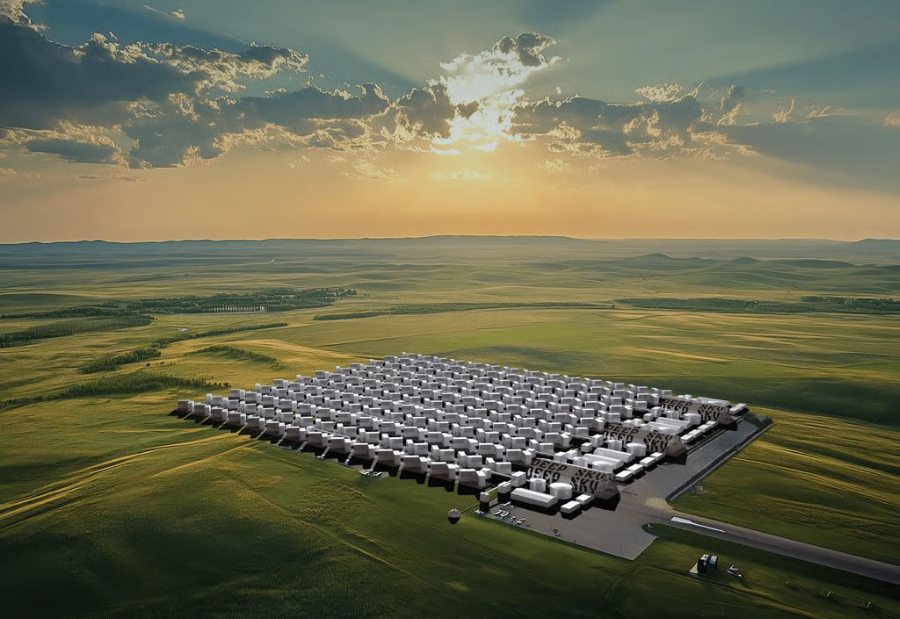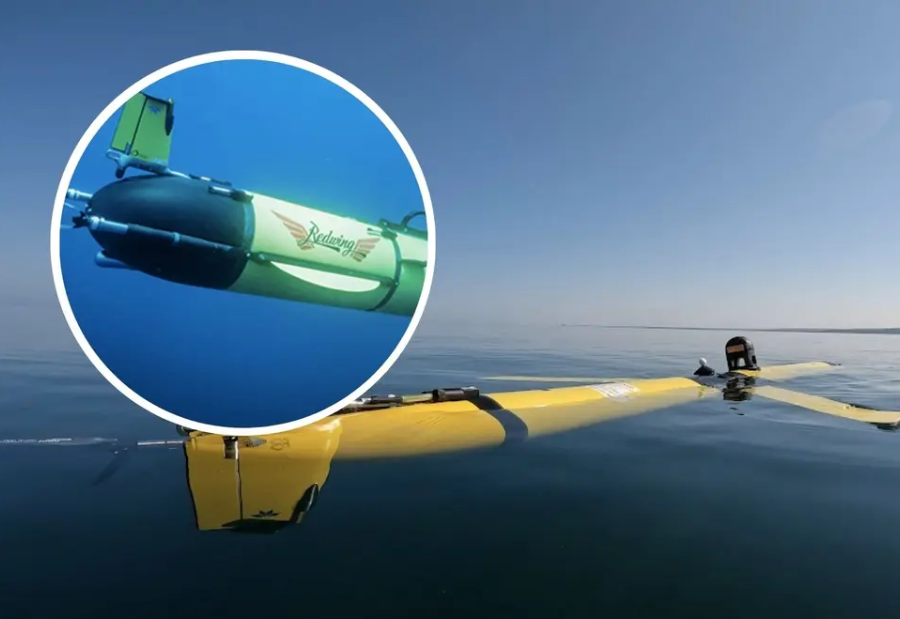A Canadian company, Deep Sky, is set to build one of the world’s largest carbon removal facilities in southwestern Manitoba. The facility is expected to have an annual carbon removal capacity of 500,000 tons at full scale, with the first 30,000-ton phase scheduled to begin construction in 2026.
“On behalf of the Dakota Grand Council and our Dakota Oyate, including our Tribal Partners in the US, we are proud to announce our partnership with Deep Sky,” said Raymond Brown, Chairman of the Dakota Grand Council, Chief Canupawakpa Dakota Nation.
“Our long-term economic development strategy is to partner with and invest in sectors that align with our vision of a sustainable ‘TOKATA’ Future. Deep Sky leadership clearly share that vision, along with some of North America’s largest and most innovative companies,” Brown added.
Deep Sky cited southwestern Manitoba as an ideal location due to its geology, which allows safe and effective underground CO₂ storage. In 2024, the Government of Manitoba passed legislation permitting tons of CO₂ storage, with additional regulations expected this fall. Manitoba’s clean hydroelectric grid provides renewable energy to power the technology without producing additional emissions.
The first 30,000-ton phase alone represents an investment of over $200 million, creating construction and operational jobs, local business opportunities, and indirect economic benefits for the region. Jamie Moses, Minister of Business, Mining, Trade, and Job Creation, said, “Deep Sky’s selection of Manitoba highlights our province’s commitment to cutting-edge technologies like direct air capture and reinforces our leadership in global CO₂ reduction.”
Deep Sky recently began operations at its first facility in Alberta, Deep Sky Alpha, which removes 3,000 tons of CO₂ annually. This technology-agnostic Direct Air Capture facility hosts up to ten different technologies in one location, providing crucial performance data to reduce risks for the larger Manitoba facility.
Deep Sky Manitoba is part of a growing portfolio of large-scale projects in Canada, including in Quebec. Such facilities are expected to play a key role in meeting global net-zero commitments by removing the 6 to 10 billion tonnes of CO₂ projected to be needed annually by 2050.
Also read: Viksit Workforce for a Viksit Bharat
Do Follow: The Mainstream formerly known as CIO News LinkedIn Account | The Mainstream formerly known as CIO News Facebook | The Mainstream formerly known as CIO News Youtube | The Mainstream formerly known as CIO News Twitter |The Mainstream formerly known as CIO News Whatsapp Channel | The Mainstream formerly known as CIO News Instagram
About us:
The Mainstream formerly known as CIO News is a premier platform dedicated to delivering latest news, updates, and insights from the tech industry. With its strong foundation of intellectual property and thought leadership, the platform is well-positioned to stay ahead of the curve and lead conversations about how technology shapes our world. From its early days as CIO News to its rebranding as The Mainstream on November 28, 2024, it has been expanding its global reach, targeting key markets in the Middle East & Africa, ASEAN, the USA, and the UK. The Mainstream is a vision to put technology at the center of every conversation, inspiring professionals and organizations to embrace the future of tech.




